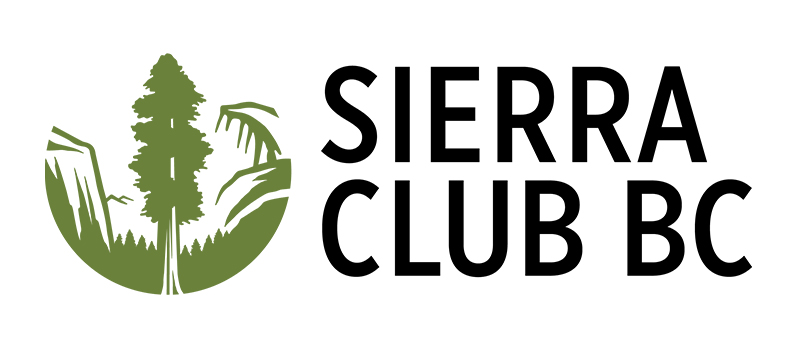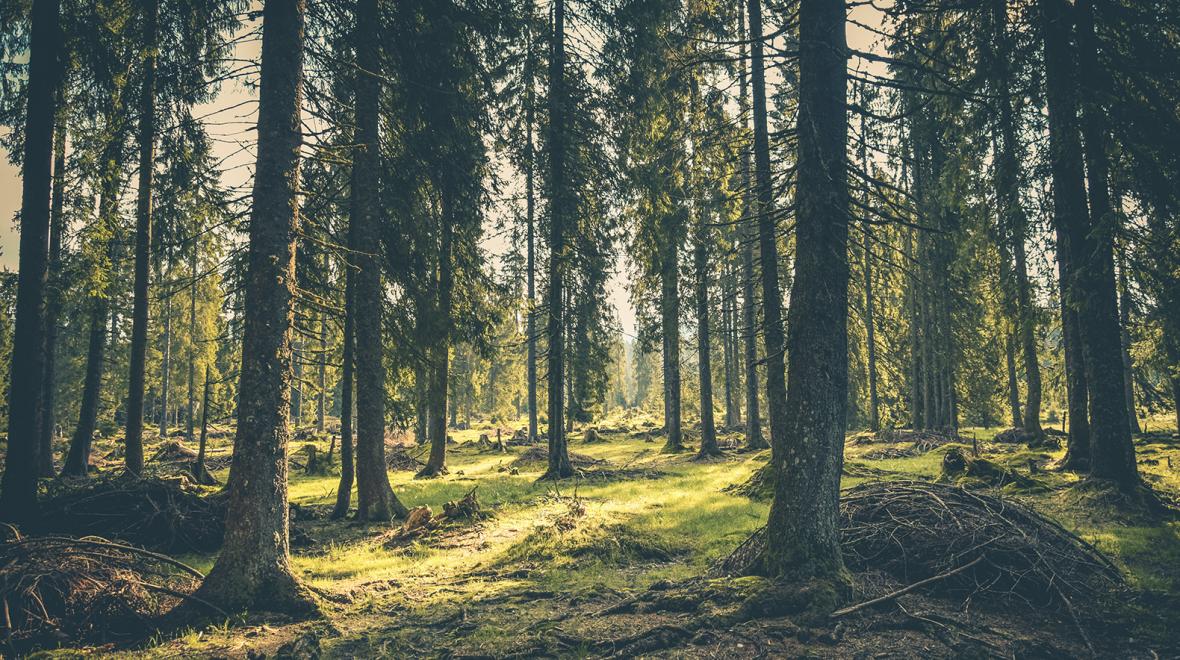
Free public talk (online & in-person)
Thursday, April 21, 2022 | 4pm - 5.30pm PDT
Presented in partnership with CPAWS-BC and Sierra Club BC.
An Earth Week special on old growth forests and climate change featuring Mother Trees, climate litigation, and Indigenous knowledge. What lessons can we draw to advance climate justice? Join UBC Professor of Forest Ecology, Suzanne Simard, and the Executive Directors of Sierra Club BC and CPAWS-BC, in a discussion moderated by Dr. Danielle Ignace, Assistant Professor of Forestry.
How do trees talk to one another and how does this phenomenon contribute to forest resiliency, adaptability and recovery? What are the implications for how to manage and heal forests from human impacts, including climate change? And what tools are available for better forest and old growth protection in BC, including climate litigation and the creation of Indigenous Protected and Conserved Areas?
Panel
- Suzanne Simard, Professor of Forest Ecology, on 'Finding the Mother Tree'
- Hannah Askew, Executive Director of Sierra Club BC, on ‘Climate Litigation as a Tool for Change.’
- J Kevin Barlow (magtawe'g mui'n gagamig gwilmn n'pisun), Executive Director of CPAWS-BC (Canadian Parks and Wilderness Society, BC Chapter), on ‘Indigenous Knowledge is What We Need'
Moderated by Assistant Professor of Forestry, Dr. Danielle Ignace, Indigenous Natural Sciences, with a special Earth Week call to action from Flossie Baker, Lead Organizer, Sierra Club BC.
Attend remotely via webinar or in-person at the BC Hydro Theatre, Centre for Interactive Research on Sustainability (2260 West Mall).
Part of the Climate Justice Series. Presented in partnership with Sierra Club BC and CPAWS-BC.
**In accordance with UBC COVID-19 protocol, in-person attendees are required to present proof of vaccination and identification, and remained masked through the duration of the event.**
Panelists
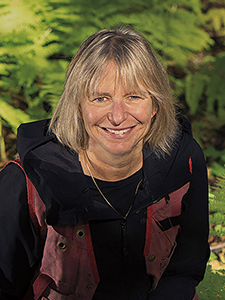
Suzanne Simard, Professor, Forest and Conservation Sciences, UBC
Suzanne Simard is a Professor of Forest Ecology at the University of British Columbia and the author of the book, Finding the Mother Tree. She is known for her work on how trees interact and communicate using below-ground fungal networks, which has led to the recognition that forests have hub trees, or Mother Trees, which are large, highly connected trees that play an important role in the flow of information and resources in a forest. Her current research investigates how these complex relationships contribute to forest resiliency, adaptability and recovery and has far-reaching implications for how to manage and heal forests from human impacts, including climate change.
Suzanne has published over 200 peer-reviewed articles and has communicated her work to a wide audience through interviews, documentary films and her TEDTalk “How trees talk to one another”.
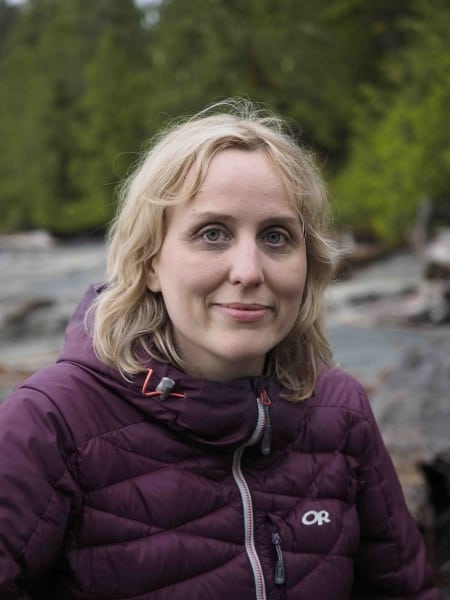
Hannah Askew, Executive Director, Sierra Club BC
Hannah is a lawyer and practiced public interest environmental law prior to joining Sierra Club BC. Her work focused on addressing the cumulative impacts of industrial development on ecosystems, and advocating for proactive and inclusive planning processes for the land and water. As a part of this work, she traveled to communities across northern BC to hear from people from all walks of life about the impact of industrial activity on their lives and about their hopes for the future of their communities.
Over the past ten years of her career, Hannah has also been deeply involved in learning from Indigenous communities about their systems of law and governance. She worked as a researcher on Anishinaabe and Coast Salish legal orders for the Indigenous Law Research Unit at the University of Victoria, and taught as an instructor in the Aboriginal Justice Studies Program at the Native Education College. She also researched Tsilhqot’in and Ktunaxa law as part of the RELAW project (“Revitalizing Indigenous Law for Land, Air and Water”). The knowledge received from Indigenous colleagues and mentors has been transformative for Hannah and influences every aspect of her work.
Hannah holds Master of Arts degrees in history and anthropology from the University of Toronto and McGill University, as well as a law degree from Osgoode Hall Law School. She was born on Anishinaabe territory into a family of English and Scottish descent.
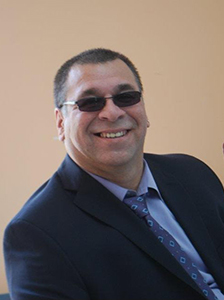
Kevin Barlow, Executive Director, Canadian Parks and Wilderness Society - British Columbia Chapter
J Kevin Barlow is Mi'kmaw from New Brunswick, now living in North Vancouver British Columbia on the Capilano reserve. He is grounded in his culture and is proud of the fact that the majority of his career, spanning over four decades, has been serving Indigenous people. Kevin recently joined the Canadian Parks and Wilderness Society of BC (CPAWS-BC) and is part of leading change to decolonize the work that CPAWS-BC does.
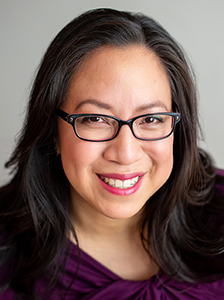
Dr. Danielle Ignace, Assistant Professor, Forest and Conservation Sciences, UBC
ignacelab.com | Twitter | YouTube
Dr. Danielle Ignace is an enrolled member of the Coeur d’Alene tribe and a broadly trained ecophysiologist with a passion for science communication. From desert systems to temperate forests, she studies how global change (climate change, landscape disturbance, and non-native species invasions) impacts ecosystem function and Indigenous communities. She was recently selected as a Science for Social Equity Fellow (funded by Fair Count) to create community-driven solutions to climate change and pollution in Houston, Texas. Dr. Ignace is also a Research Associate at Harvard Forest and serves as Associate Editor for the journal, Elementa: Science of the Anthropocene. Always seeking new ways to be an advocate for underrepresented groups in STEM, she joined the Diversity, Equity, and Inclusion Committee for the American Society of Plant Biology. Fostering distinctive collaborations with faculty and students to understand and communicate pressing global change problems is the hallmark of her research, teaching, YouTube channel, and ArtSci projects. As an Indigenous woman in STEM, Dr. Ignace is deeply committed to developing Indigenous curriculum and her unique perspective bridges Indigenous communities, people of colour, and scientists.
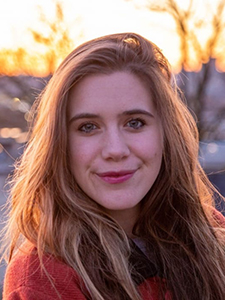
Flossie Baker, Lead Organizer, Sierra Club BC
Flossie is a climate justice organizer. Her passion is supporting different communities to engage in building a new story about the future we face. With a background in journalism and communications, Flossie is interested in how the narratives we create shape our imagination for action. She trained as a community organizer under the Industrial Areas Foundation, the oldest community organizing network in North America, and brings stories and lessons in organizing from the UK, the San Fransisco Bay Area, Victoria and Vancouver. She now focuses on building relationships with unions and faith traditions. She is based in East Vancouver.
